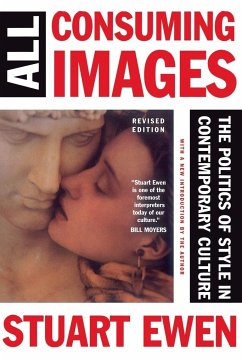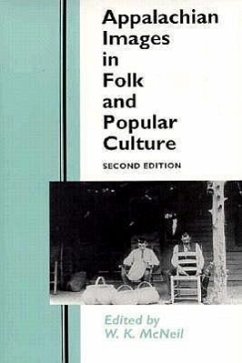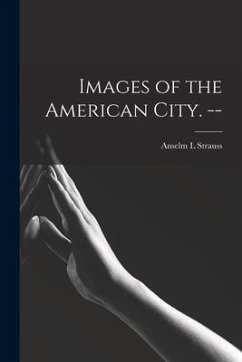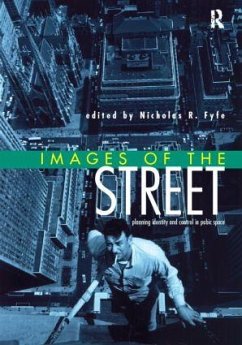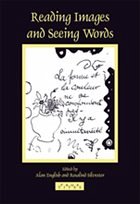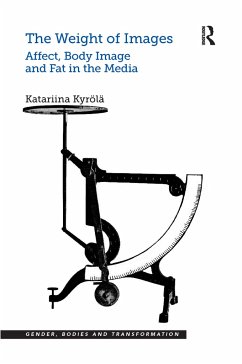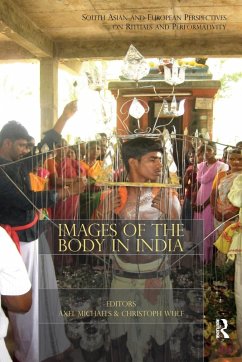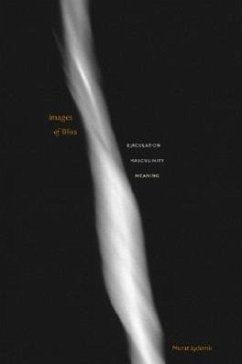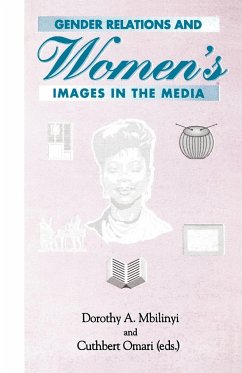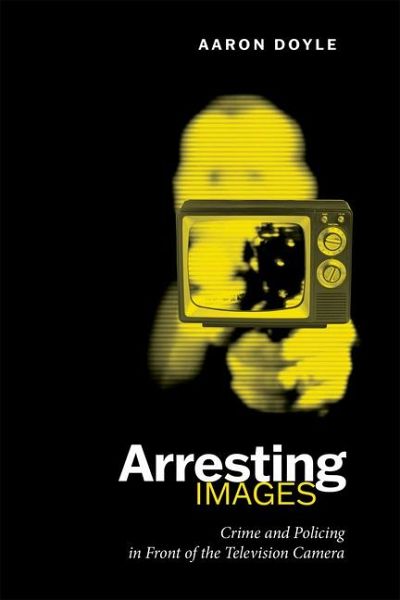
Arresting Images
Crime and Policing in Front of the Television Camera
Versandkostenfrei!
Versandfertig in über 4 Wochen
50,99 €
inkl. MwSt.
Weitere Ausgaben:

PAYBACK Punkte
25 °P sammeln!
While most research on television examines its impact on viewers, Arresting Images asks instead how TV influences what is in front of the camera, and how it reshapes other institutions as it broadcasts their activities. Aaron Doyle develops his argument with four studies of televised crime and policing: the popular American 'reality-TV' series Cops; the televising of surveillance footage and home video of crime and policing; footage of Vancouver's Stanley Cup riot; and the publicity-grabbing demonstrations of the environmental group Greenpeace. Each of these studies is of significant interest ...
While most research on television examines its impact on viewers, Arresting Images asks instead how TV influences what is in front of the camera, and how it reshapes other institutions as it broadcasts their activities. Aaron Doyle develops his argument with four studies of televised crime and policing: the popular American 'reality-TV' series Cops; the televising of surveillance footage and home video of crime and policing; footage of Vancouver's Stanley Cup riot; and the publicity-grabbing demonstrations of the environmental group Greenpeace. Each of these studies is of significant interest in its own right, but Doyle also uses them to make a broader argument rethinking television's impacts. The four studies show how televised activities tend to become more institutionally important, tightly managed, dramatic, simplified and fitted to society's dominant values. Powerful institutions, like the police, harness television for their own legitimation and surveillance purposes, often dictating which situations are televised, and usually producing 'authorized definitions' of the situations, which allow them to control the consequences. While these institutions invoke the notion that 'seeing is believing' to reinforce their positions of dominance, the book argues that many observers and researchers have long overstated and misunderstood the role of TV's visual component in shaping its influences.




